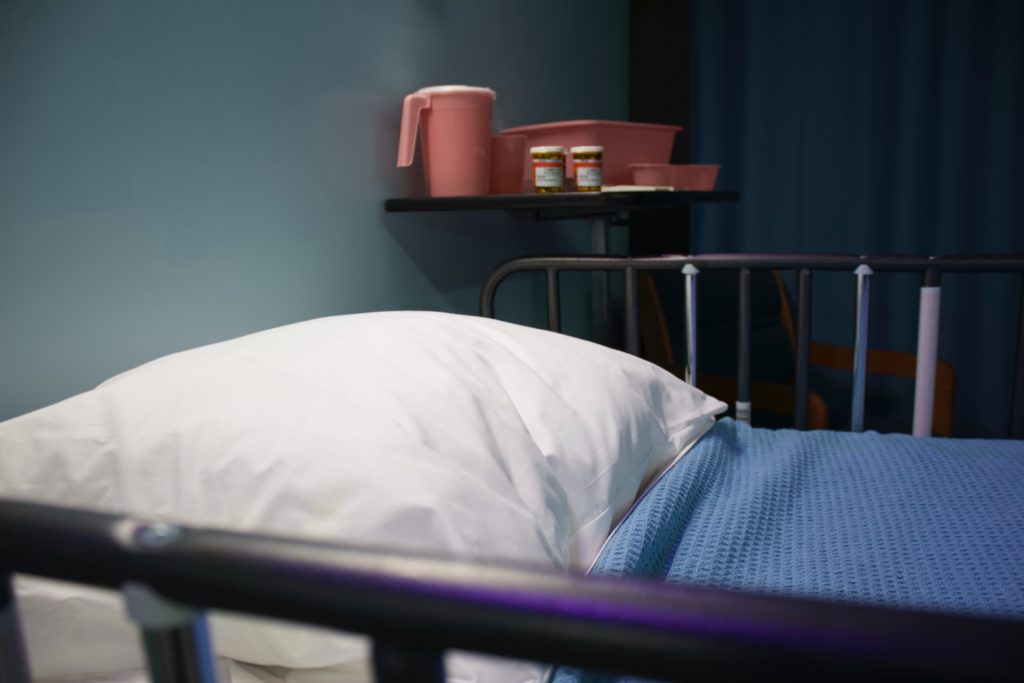The Western Cape has 8083 active cases of COVID-19, with a total of 18350 confirmed cases and 9830 recoveries as of today [May 29].




Additional data can be found on the dashboard at www.westerncape.gov.za/coronavirus
“The Western Cape has recorded an additional 34 COVID-19 deaths-bringing the total number of deaths from the virus in the province to 437. We send our condolences to their loved ones at this time,” Premier Alan Winde said in a statement.
Recoveries:
The Western Cape now has over 1700 more recovered patients than active COVID19 infections in the province.
“While we are pleased that nearly 10 000 people have now beaten this virus, we must not become complacent. The Western Cape’s new scenario planning has indicated that we expect to experience our peak at the end of June or beginning of July. At this peak, these models indicate that we will require 7800 hospital beds at our peak and 9300 people could die. The Western Cape has worked hard to prepare its systems in line with our initial projections based on available evidence at that stage, which predicted a lower demand on our healthcare services. We will now look at all of the available options to us to determine how best to further strengthen our health systems response and will communicate these soon,” Winde said.


Changing behaviour to save lives:
The biggest determining factor in how the Western Cape pandemic proceeds is the behavior of individuals.
“The Western Cape Government will take decisions with the best interests of the people of this province at heart, but how we all act now will help to save lives,” Winde said.
On Monday, the whole country will move to alert Level 3. “Regulations will be more relaxed but we absolutely must not become complacent. We cannot view this as a return to the way things were. In fact, the move to alert level 3 requires all of us to work even harder to protect ourselves and our loved ones. For those who are in the high risk groups- being over the age of 55 or with an underlying illness- it is most important that you continue to stay at home unless it is absolutely necessary to go out. Businesses who employ people in these groups must find ways to allow them to work from home or take additional precautions to keep them safe during this time.”
As more sections of the economy open up, public spaces will become busier and more people will be outside of their homes. “We all have to take responsibility and ensure that we are taking all the necessary steps to stay safe. Hand washing, hygiene, keeping a distance of at least 1.5 metres from any other person, and correctly wearing your clean, cloth mask are simple steps that can have a big impact,” added Winde.
Businesses, schools and places of worship that will be re-opening under alert Level 3 must ensure that they are properly prepared according to government regulations, that they are strictly enforcing the rules and that they are advocates for the safety of their clientele, believers and learners’ safety at all times.
Picture: Unsplash

